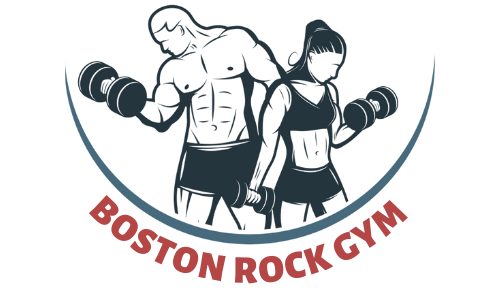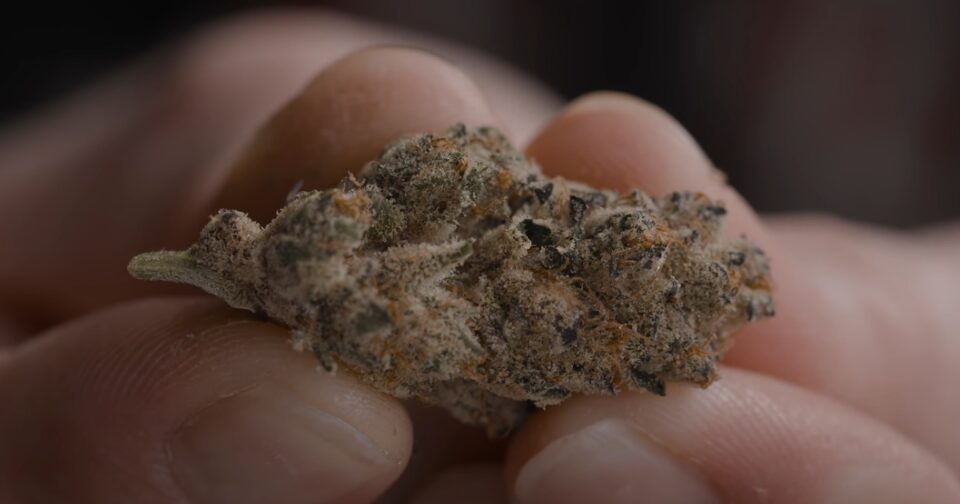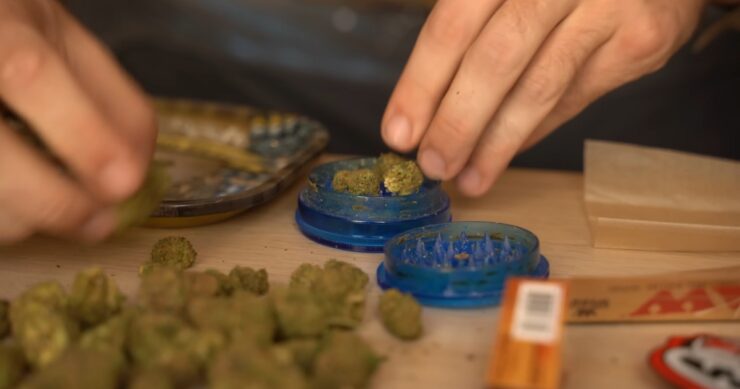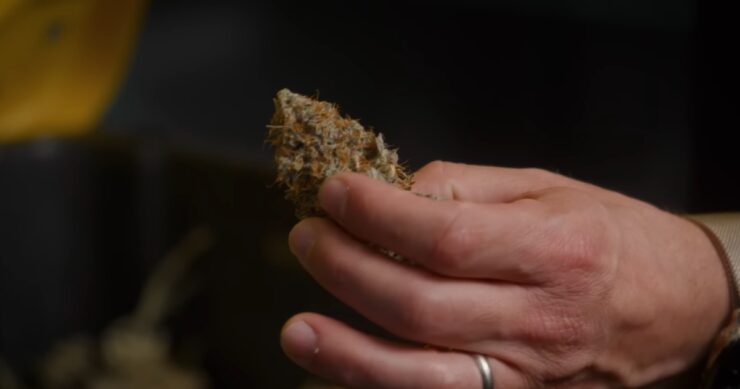Muscle recovery is a critical aspect of any fitness routine, crucial for performance enhancement and injury prevention.
In recent times, Delta 9, a cannabinoid derived from cannabis, has been gaining attention for its potential role in this area.
This blog post will explore the viability of Delta 9 in aiding muscle recovery, examining scientific perspectives, user experiences, and legal considerations.
Contents
Delta 9 and Muscle Recovery
Delta 9, also known as Delta-9-tetrahydrocannabinol, is the primary psychoactive compound found in cannabis.
It interacts with the body’s endocannabinoid system, a network of receptors involved in regulating various physiological processes, including pain, mood, and appetite.
Research has suggested that Delta 9 may also influence inflammation and pain perception, two key factors in muscle recovery.
Muscle Recovery: A Complex Process
Muscle recovery involves repairing and strengthening muscle tissues that are stressed during exercise.
This process is crucial to prevent injuries and improve performance. Muscle soreness, inflammation, and fatigue are common symptoms experienced during this period.
Effective recovery strategies are essential for anyone engaged in regular physical activity, from professional athletes to fitness enthusiasts.
Potential Benefits of Delta 9 for Muscles
While research is still emerging, some studies indicate that Delta 9 may help alleviate pain and reduce inflammation, potentially aiding in muscle recovery.
These effects could make it a valuable addition to post-workout routines. However, it’s important to note that research in this area is not conclusive, and Delta 9 may not be suitable for everyone.
User Experiences with Delta 9 for Muscle Recovery
Personal Testimonials
Anecdotal evidence from individuals who have used Delta 9 as part of their recovery regimen often points to positive experiences.
Users report reduced muscle soreness and improved relaxation post-exercise. However, these experiences are subjective and should be considered with a degree of skepticism.
Compared with Traditional Recovery Methods
Traditional muscle recovery methods include rest, hydration, proper nutrition, and physical therapies. While some users find Delta 9 to be a helpful supplement to these practices, it’s important to note that it should not replace conventional recovery strategies.
Legal and Safety Considerations
The Legal Landscape of Delta 9
The legal status of Delta 9 varies widely across countries and even within states or provinces.
In areas where it is legal, there are often strict regulations regarding its purchase, use, and possession. Individuals need to be aware of and comply with local laws.
Safety and Side Effects
While Delta 9 is generally considered safe for adult use, it is not suitable for all.
Long-term use and high dosages can lead to unwanted side effects. Users should start with low dosages and monitor their body’s response.
Consulting Healthcare Professionals
Before considering Delta 9 for muscle recovery, it’s crucial to consult with healthcare professionals. They can provide personalized advice based on individual health conditions, potential drug interactions, and legal considerations.
Pros and Cons of Delta 9 for Muscle Recovery
Advantages of Using Delta 9
The potential benefits of Delta 9 in muscle recovery primarily revolve around its pain-relieving and anti-inflammatory properties.
Users often report a sense of relief from muscle soreness and a more relaxed state post-exercise, which can be crucial for recovery.
Additionally, for those who struggle with sleep post-intense workouts, Delta 9 might offer a solution by promoting better sleep quality, which is essential for muscle repair and growth.
Risks and Downsides
Despite the potential advantages, the risks associated with Delta 9 cannot be overlooked.
The psychoactive effects of Delta 9, such as altered perception and cognitive impairment, can be a significant downside, especially for individuals who require mental clarity for their professions or daily activities.
Additionally, the potential for dependency and the legal risks associated with its use in regions where it is not legalized are important considerations.
For those interested in exploring Delta 9 products that might aid in muscle recovery, a visit to serenetree.com offers a range of options, from topicals to edibles, tailored to different needs and preferences.
Disclaimer: Serenetree.com does not claim to provide any medical benefits through the use of its products. The information provided is for general informational purposes only and should not be considered medical advice.
Alternative Approaches to Muscle Recovery
Conventional Methods and Their Effectiveness
Beyond Delta 9, there are several proven and widely accepted methods for aiding muscle recovery.
These include adequate rest, hydration, balanced nutrition, and physical therapies like massage and stretching. These methods have stood the test of time and scientific scrutiny, offering a safer and often more effective route to muscle recovery.
Emerging Trends and Research
The world of muscle recovery is continuously evolving, with new research shedding light on innovative approaches like cryotherapy, compression therapy, and specific nutritional supplements.
These alternatives are gaining popularity for their effectiveness and minimal side effects, offering additional options for those seeking effective muscle recovery methods.
Integrating Multiple Approaches
An integrated approach that combines traditional recovery methods with newer techniques can offer a comprehensive solution for muscle recovery.
This might include conventional rest and nutrition strategies supplemented by emerging therapies. The key is to find a personalized combination that works best for the individual’s body and lifestyle.
FAQs
Can Delta 9 be used topically for muscle recovery?
Yes, Delta 9 can be used topically in the form of creams or balms. These products are designed to provide localized relief from muscle soreness without the psychoactive effects associated with oral consumption.
Are there any specific dietary considerations when using Delta 9 for muscle recovery?
While there are no specific dietary requirements, maintaining a balanced diet is crucial. It’s advisable to avoid excessive alcohol and stay hydrated, as Delta 9 can sometimes cause dry mouth or mild dehydration.
How does Delta 9 compare to CBD for muscle recovery?
CBD, unlike Delta 9, is non-psychoactive and primarily used for its anti-inflammatory and pain-relieving properties. Delta 9 offers similar benefits but with psychoactive effects. Some individuals prefer CBD for muscle recovery due to its lack of intoxicating effects.
Is Delta 9 suitable for all types of physical activities?
The suitability of Delta 9 depends on the intensity and nature of the physical activity. For high-endurance sports, it may be less suitable due to its psychoactive effects. It’s best-used post-activity for recovery rather than as a performance enhancer.
Final Words
While Delta 9 shows promise as a potential aid for muscle recovery, the current state of research and legal complexities make it a complex choice. Personal experiences vary, and what works for one individual may not be suitable for another.
The evolving landscape of cannabis research and legislation will likely provide clearer insights in the future. For now, individuals interested in using Delta 9 should proceed with caution, prioritizing safety and legal compliance.




